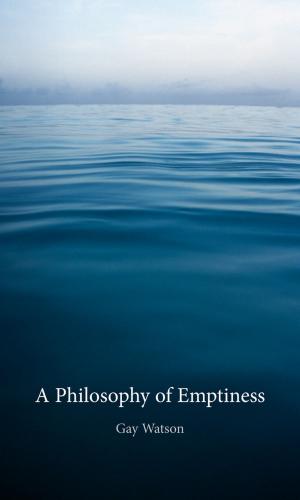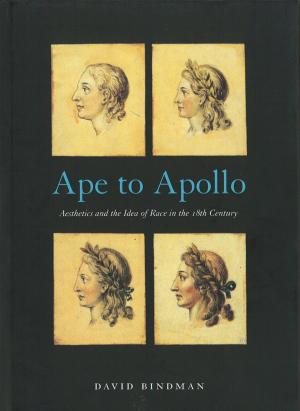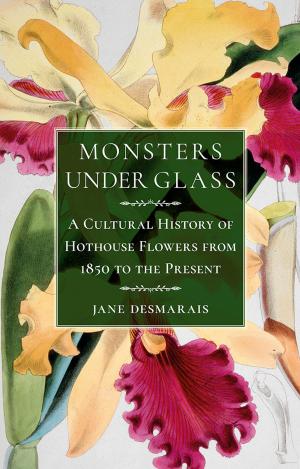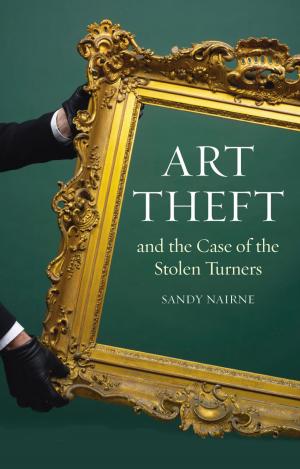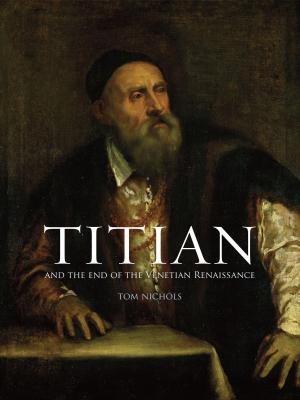Caspar David Friedrich and the Subject of Landscape
Second Edition
Nonfiction, Art & Architecture, General Art, Individual Artist, Artists, Architects & Photographers| Author: | Joseph Leo Koerner | ISBN: | 9781861897503 |
| Publisher: | Reaktion Books | Publication: | November 15, 2009 |
| Imprint: | Reaktion Books | Language: | English |
| Author: | Joseph Leo Koerner |
| ISBN: | 9781861897503 |
| Publisher: | Reaktion Books |
| Publication: | November 15, 2009 |
| Imprint: | Reaktion Books |
| Language: | English |
Caspar David Friedrich (1774–1840) is heralded as the greatest painter of the Romantic movement in Germany, and Europe’s first truly modern artist. His mysterious and melancholy landscapes, often peopled with lonely wanderers, are experiments in a radically subjective artistic perspective—one in which, as Freidrich wrote, the painter depicts not “what he sees before him, but what he sees within him.” This vulnerability of the individual when confronted with nature became one of the key tenets of the Romantic aesthetic.
Now available in a compact, accessible format, this beautifully illustrated book is the most comprehensive account ever published in English of one of the most fascinating and influential nineteenth-century painters.
“This is a model of interpretative art history, taking in a good deal of German Romantic philosophy, but founded always on the immediate experience of the picture. . . . It is rare to find a scholar so obviously in sympathy with his subject.”—Independent
Caspar David Friedrich (1774–1840) is heralded as the greatest painter of the Romantic movement in Germany, and Europe’s first truly modern artist. His mysterious and melancholy landscapes, often peopled with lonely wanderers, are experiments in a radically subjective artistic perspective—one in which, as Freidrich wrote, the painter depicts not “what he sees before him, but what he sees within him.” This vulnerability of the individual when confronted with nature became one of the key tenets of the Romantic aesthetic.
Now available in a compact, accessible format, this beautifully illustrated book is the most comprehensive account ever published in English of one of the most fascinating and influential nineteenth-century painters.
“This is a model of interpretative art history, taking in a good deal of German Romantic philosophy, but founded always on the immediate experience of the picture. . . . It is rare to find a scholar so obviously in sympathy with his subject.”—Independent





